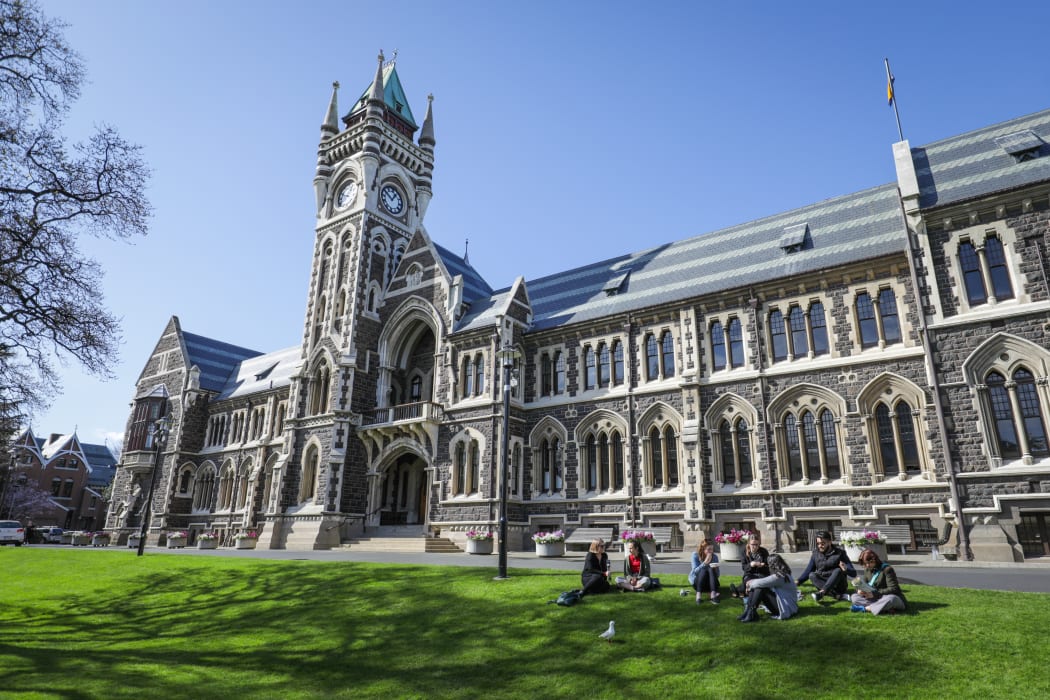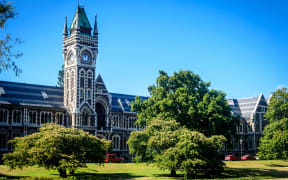Otago University has had a record number of Māori and Pacific students enrolled at the institution.

Photo: RNZ / Nate McKinnon
There has been a significant upswing in domestic enrolments at the tertiary institution - offsetting the decline in international enrolments.
There has been a more than an 8.4 percent increase of Māori enrolment and 13.7 percent increase in commencing Māori student enrolments.
A 1341 lift in domestic student enrolments has offset a decline of 389 in international full-fee enrolments.
It continues the upward trend of Māori enrolment growth at the university, which would see tauira numbers exceed 2400 for the first time.
There are more than 600 Māori students starting at Otago this year for the first time, including more than 400 Māori school leavers.
While there was strong growth in health sciences, there was also a significant increase in those pursuing commerce and humanities subjects.
Tauira Māori were also increasing in postgraduate enrolments, most notably for Masters and Doctoral study programmes.
Commencing Pacific enrolments were up by 60 students (21.3 percent), and overall Pacific enrolments were up by 136 (13 percent) to record numbers. There are more than 1250 Pacific students now enrolled at Otago.
This jump in numbers comes after a legal challenge last year against Otago's medical school admissions process was dropped.
The legal dispute centered on the legality of the university's preferential entry pathways for Māori, Pasifika and other under-represented groups, who can be accepted into medical school without necessarily receiving top grades.
There was huge backlash at the time with Medical Students Association president Isaac Smiler, as well as a number of others criticising the university, saying it dealt with the situation appallingly and students' well-being suffered as a result.
The pathways were designed to create a health workforce that better reflects New Zealand's population, but it has created an extremely competitive environment for students who aren't eligible as spaces are limited.
The applicant of the legal challenge, who has name suppression, said in a statement of claim that the university was running an ad hoc discretionary system of admission for the preference categories, and not all eligible students for the preferential entry pathways were meeting the minimum grade threshold needed to be accepted.




